
People care and act to manage their privacy, but face steep psychological and economic hurdles that make not just desired, but also desirable privacy nearly unattainable. Approaches to privacy management that rely purely on market forces and consumer responsibilization have failed.
- AI, Conference, Education, Educational services, Experientia, Experientia, Health, Healthcare, Italy, Jan-Christoph Zoels, Mobility, Public services, Technology (general), Turin
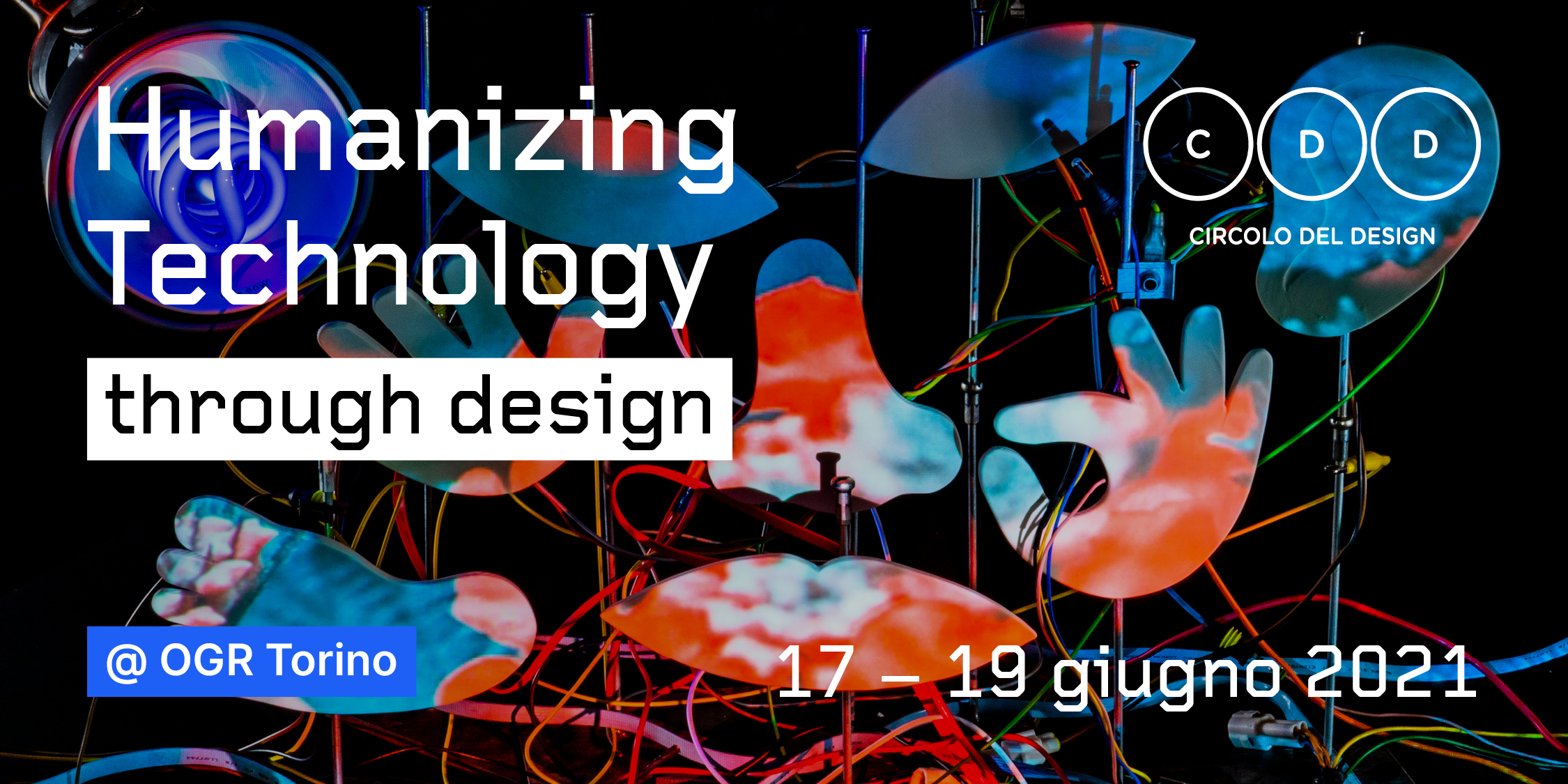
Curated by Experientia partner Jan-Christoph Zoels and Sara Fortunati, director of the Torino Circle of Design, the conference dealt with the best international practices about the humanization of technology. It was structured into six different thematic sessions: ethics, public services, healthcare, AI, mobility and learning. All videos are now available, with English subtitles.

Several Covid-19 policies have shown "just how deeply some governments distrust their citizens. As if the virus was not enough, the public was portrayed as an additional part of the problem". But, asks Prof. Stephen Reicher of the University of St Andrews, "is this an accurate view of human behaviour"?
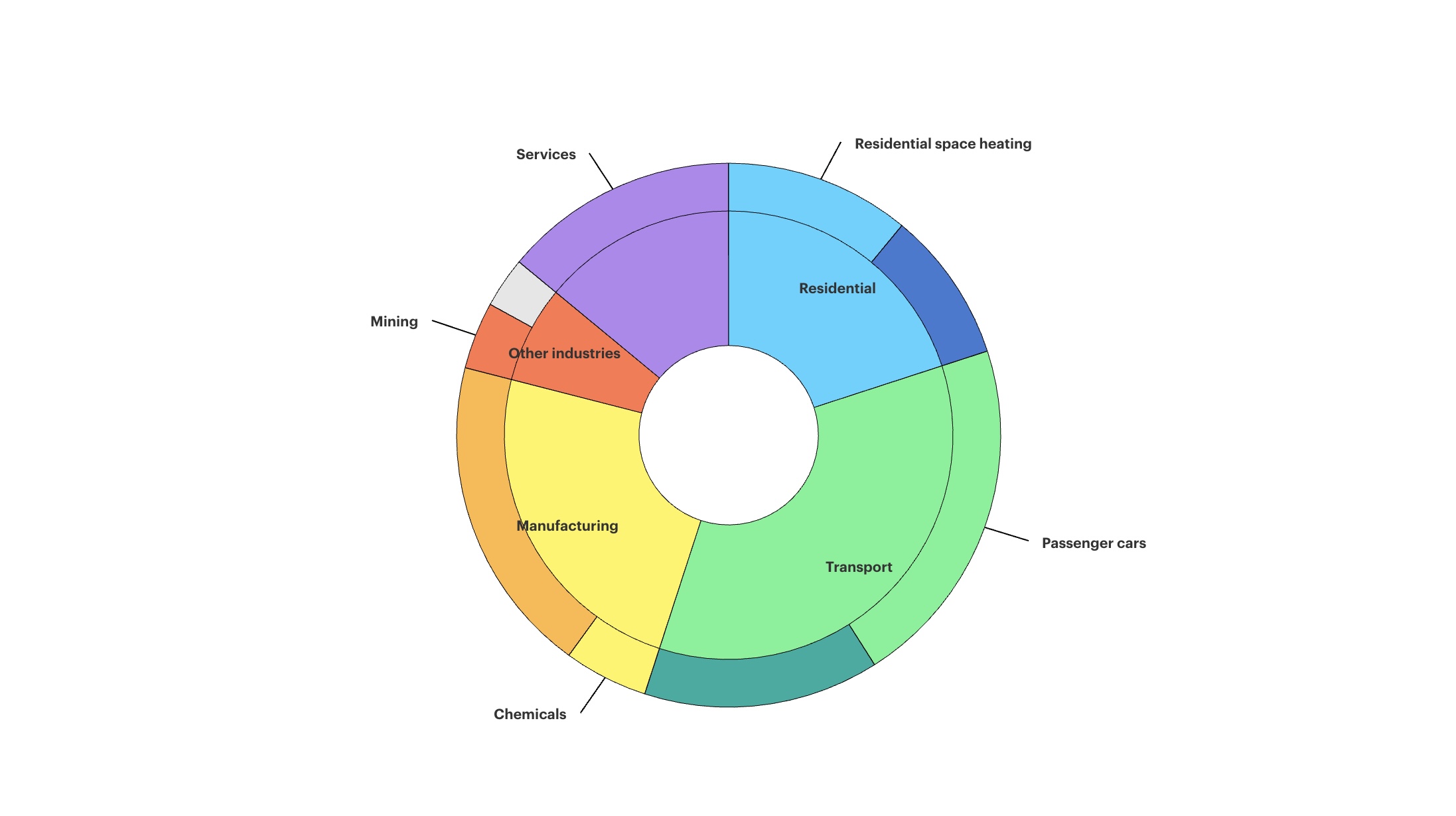
Individuals and households can adopt a variety of measures to optimise their energy consumption, writes Elisabatta Cornago of the International Energy Agency. This article focuses on the potential for enhancing energy efficiency with policies and programmes designed to educate consumers and encourage them to alter their daily habits – without resorting to large-scale structural improvements.

During its first year of activity, the Behavioural Insights Platform of the UsersTCP, with the IEA (International Energy Agency), has developed an environment scan report assessing how behavioural insights have been applied to demand-side energy policy and programmes.
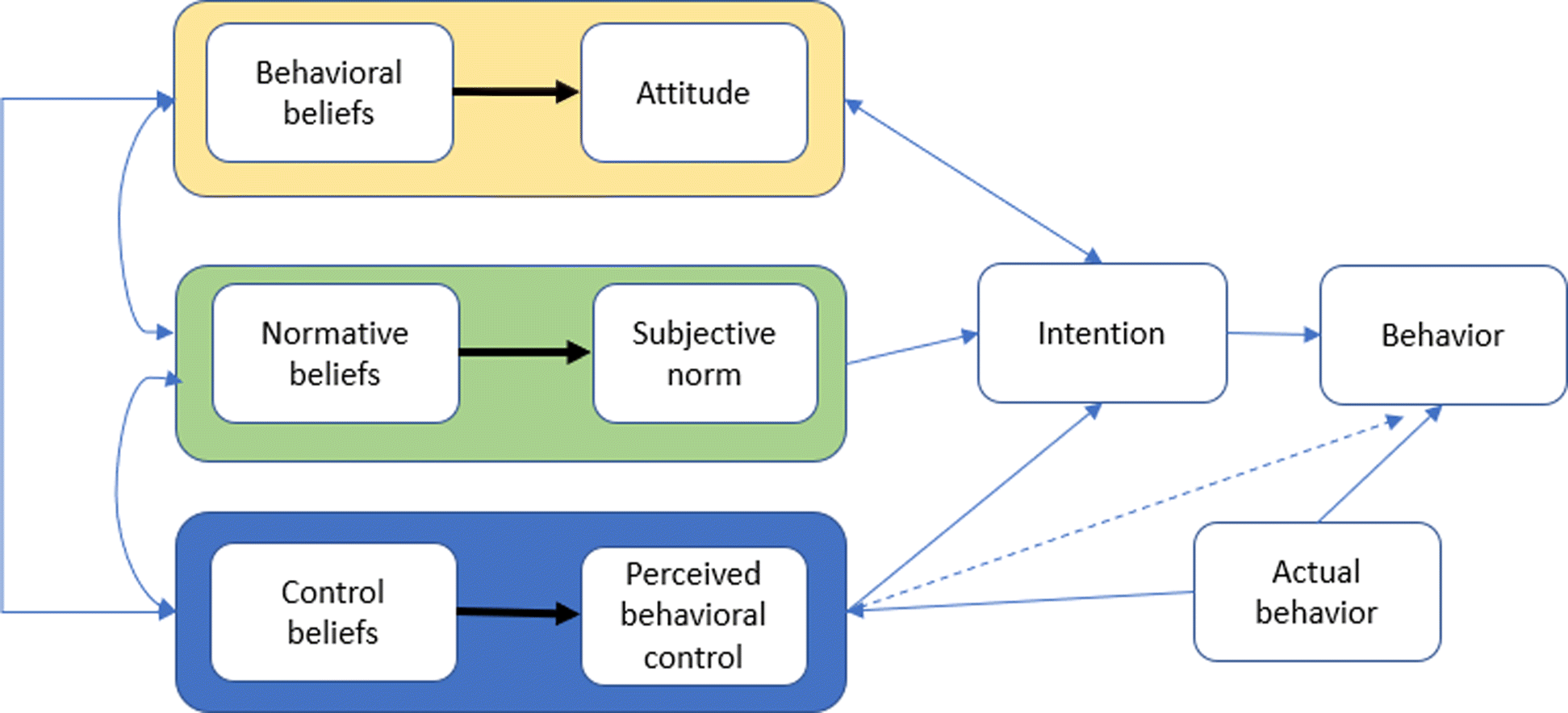
Since the majority of cyber incidents are human enabled, this shift requires expanding research to underexplored areas such as behavioral aspects of cybersecurity. This paper provides a review of relevant theories and principles, and gives insights including an interdisciplinary framework that combines behavioral cybersecurity, human factors, and modeling and simulation.

CyberBitsEtc. is a website and blog by Ganna Pogrebna (Professor of Behavioural Economics and Data Science, Fellow at the Alan Turing Institute) and Boris Taratine (Cyber Security Architect and Visionary) that focuses a lot on the human aspects of cyber security, in particular behavioural design, psychology and behavioural sciences.

Heidi Larson studies vaccine rumors—how they start, and why some flourish and others wither. Tackling misperceptions individually is like eliminating a single microbial strain: when one germ is gone, another will bloom. Instead, the entire ecosystem must be rehabilitated.

The great irony is that the revolution that bitcoin set off could be the end of [financial] privacy with the launch of central bank-backed digital coins.

In a world shaped by one AI, artificial intelligence, we need a second AI, too — anthropology intelligence, writes Gillian Tett in the Financial Times.

In a wide-ranging interview with Lauren Jackson of the New York Times, the author of “The Age of Surveillance Capitalism” talks about why people should pay attention to how big tech companies are using their information.

When customers form an emotional attachment or self-identify with a product, that sense of “mine” enhances its luster and keeps them coming back for more. As shoppers shift away from owning material things, how can marketers preserve these benefits?

A bold reassessment of "smart cities" that reveals what is lost when we conceive of our urban spaces as computers
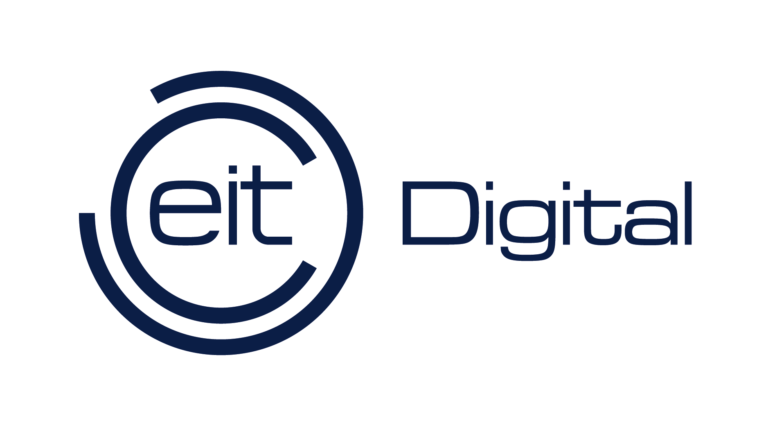
The Crypto Sentiment Advisor (CSA) is an EIT-Digital supported platform for investors holding cryptocurrencies, to anticipate swings in the sentiment for their investments. Experientia is in charge of the UX research that will inform the definition of the value proposition and the UX/UI design guidelines of the CSA solution.
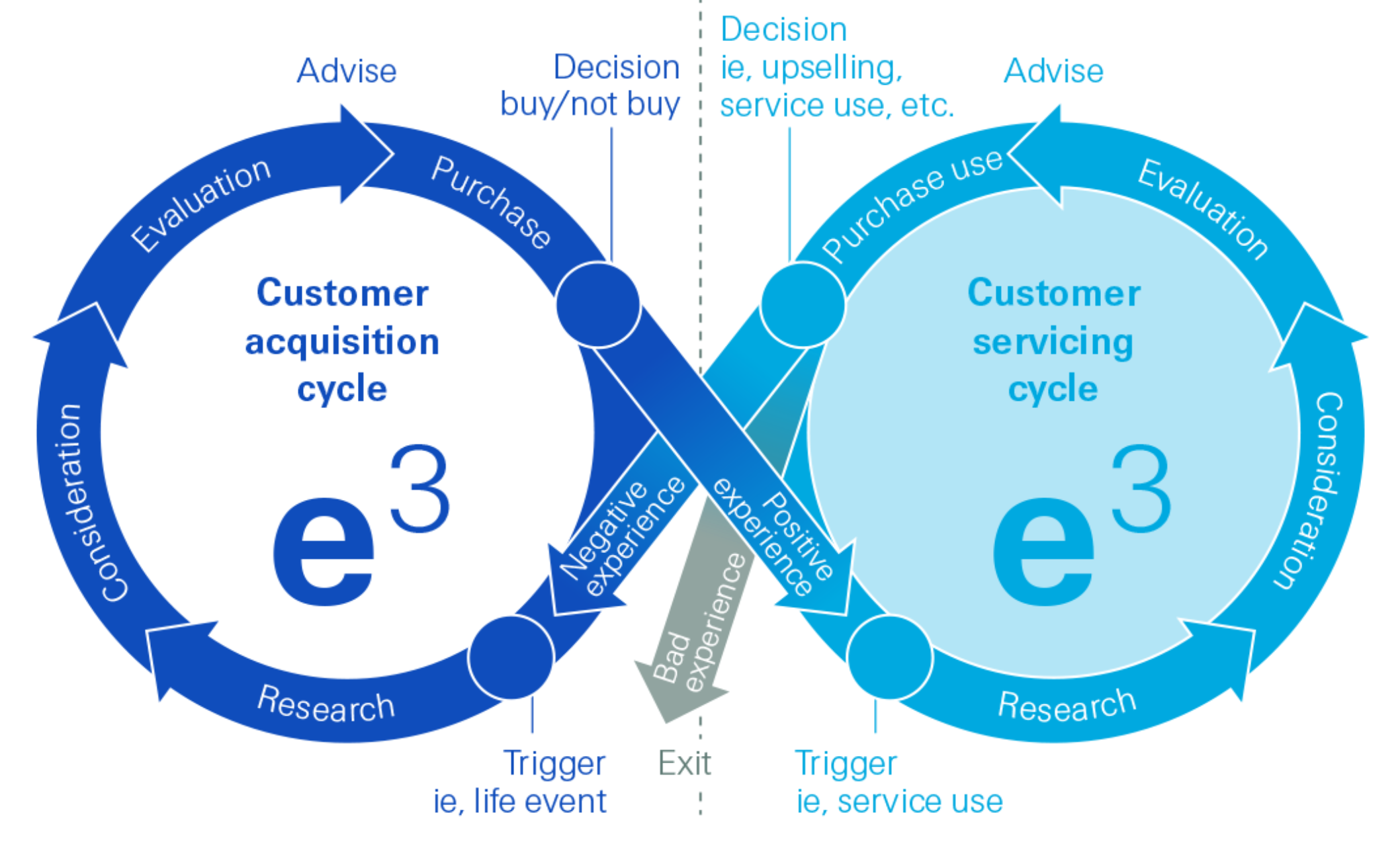
COVID-19 has accelerated the digital transformation of insurance companies. If insurers apply the e3 lens when assessing their touchpoints, they can create tailored, engaging and empowering connections with their customers. By building this process into their value propositions, insurers can become much more customer-centric.

The COVID-19 pandemic is changing how we work, travel, communicate, shop and more, but which new habits are likely to stick permanently? The authors explore five key behavioural changes and their implications for risk and protection.
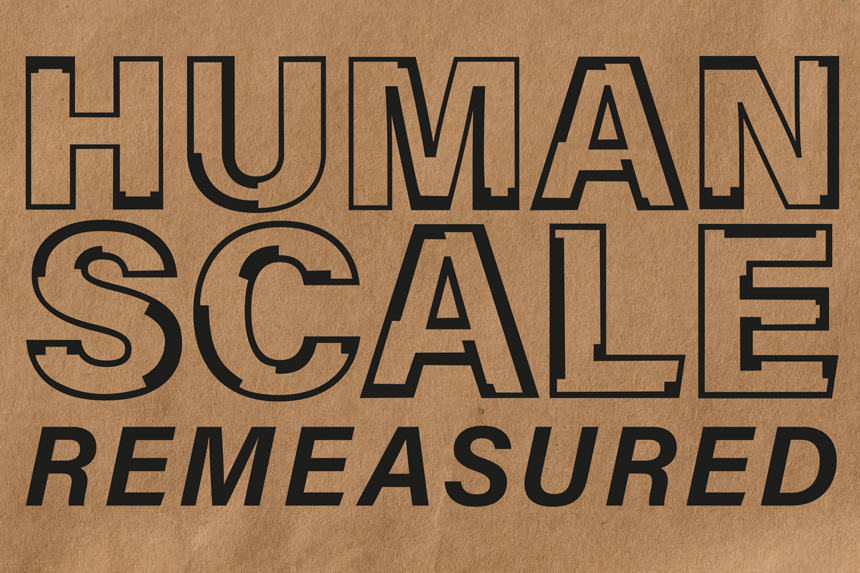
The exhibition, curated by ANCB The Aedes Metropolitan Laboratory, presents exemplary built projects and outstanding conceptual models by architects and planners from all over the world

Innovation can only occur in the right environment. While organizations can attempt to hire for innovation, there is little that can blossom in a restrictive and discouraging physical setting - even if the space holds the most creative and vibrant thinkers.
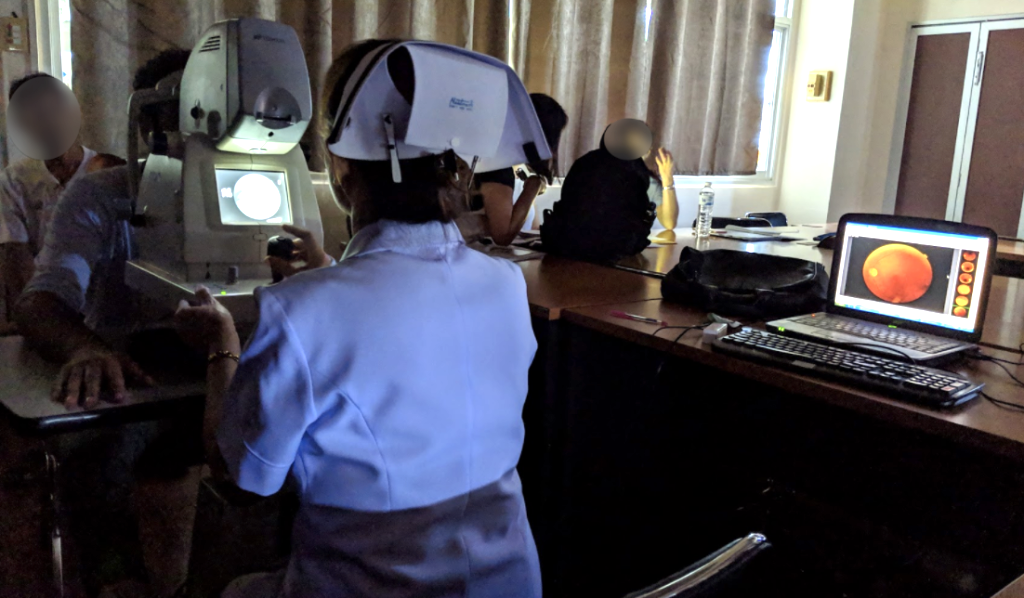
The gulf between the technical brilliance claimed for Google's deep learning model and its real-world application points to a common problem that has hindered the use of AI in medical settings.

The first book to call for the end of the data economy. Carissa Veliz exposes how our personal data is giving too much to big tech and governments, why that matters, and what we can do about it.




















